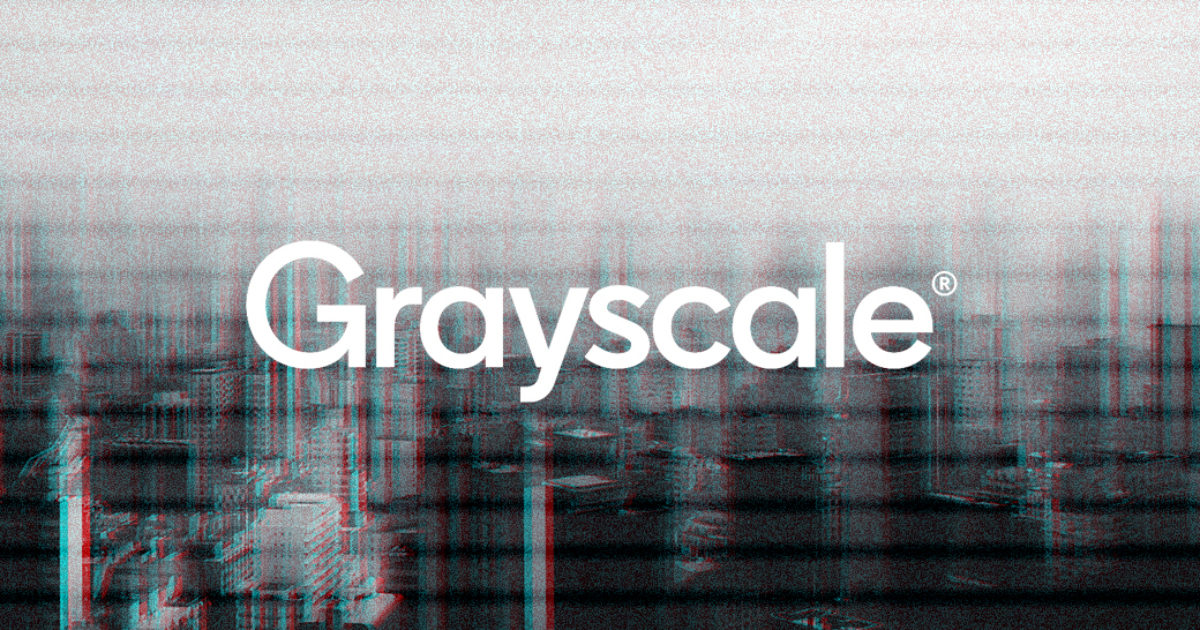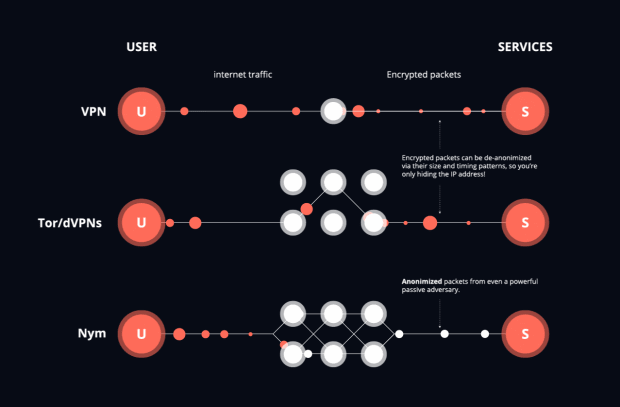Solving for Bitcoin’s Accounting and Reconciliation Needs
This is a sponsored article provided by Verady.
Advocates point out that bitcoin embodies many of the technical qualities for the “future of money.” It is natively digital, inherently suited for internet and mobile, provides for a global alternative asset and payment capability, and is unrivaled in its ability to provide for financial inclusion and stability. It’s efficient and universal.
But, as well suited as bitcoin may be for our modern way of life, there are still obstacles standing in the way of its wider adoption. From user friendliness to merchant integration, many of those who would benefit most from using bitcoin still face hurdles that keep them from doing so.
One of the areas where these barriers are greatest — but perhaps less visible to the average consumer — is in accounting. Accounting not only provides management with essential data to help drive any business, it also provides quantitative financial information to investors, institutions and regulatory agencies. And in their pursuit to normalize this information, accounting practitioners, regulators and other financial professionals are always searching for the “source of truth” to reconcile balances, transactions and statements.
In the traditional currency (fiat) world, bank statements are the primary source used by accounting professionals to track a business’s transactions and categorize them appropriately into accounts such as expenses, rent, income, payroll, etc. Accounting platforms such as QuickBooks, Xero, NetSuite and others have addressed this issue by creating “bank feeds” for bank, credit card and other transactions — allowing them to be seamlessly imported into the business’s general ledger.
Unfortunately for accounting professionals servicing crypto-transacting clients, there are no bank statements for bitcoin.
Accounting for the Bitcoin Age
Developing “Bank Statements for Blockchains ”
”
Verady was born out of the experience of its co-founders, Kell Canty and Nathan Eppinger, who had previously launched the startup Coinpliance. In this original venture, just as in Verady, they were working to help ease the challenges associated with bitcoin assurance and bridging the gap between the new bitcoin world and traditional financial needs. One notable use case they encountered was cryptocurrency auditing and reconciliation — specifically regarding the independent financial audits of the largest bitcoin payment processor in the world.
At first, the auditors said, “No problem, just give us the bank statements, and we’ll take care of the rest.” However, it was quickly learned that there is no bank statement or equivalent for bitcoin. In order to conduct the audit, the company directed its auditors to work with Canty and Eppinger to help with the verification and independent confirmation of their bitcoin transactions.
From that point forward, Verady has set out to develop what it terms “Bank Statements for Blockchains ” so that accounting professionals and others have the source of truth required when reconciling cryptocurrency balances and transactions. The culmination of that effort is Ledgible, a cryptocurrency accounting and auditing platform designed to provide businesses who adopt cryptocurrencies like bitcoin the ability to easily manage, account, audit and value their financial activity involving blockchain assets.
” so that accounting professionals and others have the source of truth required when reconciling cryptocurrency balances and transactions. The culmination of that effort is Ledgible, a cryptocurrency accounting and auditing platform designed to provide businesses who adopt cryptocurrencies like bitcoin the ability to easily manage, account, audit and value their financial activity involving blockchain assets.
Ledgible is a software platform that works both as a standalone system and in conjunction with existing accounting general ledgers to get a business’s cryptocurrency transactions directly from the blockchains where they take place and report on them in a “legible” and comprehensive manner.
Ledgible essentially serves as the blockchain bank feeds for the business’s general ledger, allowing businesses to stay within the traditional accounting platforms with which they are comfortable and to integrate bitcoin or other cryptocurrencies directly. This capability is a critical part of the solution for those who want to adopt bitcoin or other crypto assets into their businesses, such as a retailer accepting BTC in exchange for goods. Also, this provides fundamental reporting capabilities for cryptocurrency-native companies that need to comply with regulations as well as conduct best practices in bookkeeping.
Adopting Bitcoin With Ledgible
Many businesses that might be inclined to adopt bitcoin can be discouraged by the level of difficulty inherent in merging it with their standing operations. And, because bitcoin is a new form of money, this is especially clear for accounting and reconciliation processes. Businesses of all sizes expect to see the types of reports that traditional accounting platforms offer, such as bank statements for their fiat transactions. As discussed, these are not readily available in the world of cryptocurrency.
Even those businesses that have realized the potential that bitcoin brings still have a difficult time leveraging it. Because there is a lack of bitcoin-specific options, these businesses are having to figure out how to use mainstream platforms, such as QuickBooks and Xero, to conduct bitcoin accounting themselves.
Matthew May, co-founder and CFO of Acuity, which helps entrepreneurs in the cryptocurrency space navigate tax and accounting issues, said that many times the biggest issue with cryptocurrency inside of a business is the owners trying to figure it out by themselves, without all of the tools necessary to do it effectively.
“Typically, the owners and managers of small businesses are managing it themselves… and an observation that’s not unique to crypto: When an owner is doing something, it’s typically done with lesser priority than running the business,” May noted. “But in the fiat world, with folks like QuickBooks and Xero, there are bank feeds that their accountants can interact with to associate all of the cash transactions with the business’s general ledger.”
For these acute accounting issues, Verady’s platform became May’s solution.
“Ledgible’s solution not only integrates with those accounting platforms, but provides the transaction histories through feeds directly from the blockchains of those crypto assets,” he said. “This allows that small business’s accounting professionals to leverage these crypto ‘bank feeds’ to reconcile transactions on the company’s general ledger.”
Ledgible gives these businesses and their accounting professionals the tools and knowledge needed to not only help them realize the advantages of bitcoin but to do so in a way that keeps them comfortable with their accounting and reconciliation processes.
Verady’s Ledgible platform has been gaining momentum in addressing this problem and has garnered support from a broad range of the business community — both traditional and cryptocurrency-focused members. Not only is the company working with some of the top-100 accounting firms in the country, it is rapidly expanding its subscriber base of small- to medium-sized businesses who are looking for cryptocurrency accounting solutions. Verady has recently announced certified app solutions for both Xero and QuickBooks and is developing integrations with a number of additional platforms, continuing to expand its base.
Verady recently closed a funding round that included participation from blockchain-focused venture firm Fenbushi Capital, payments guru Pam Joseph, and global tax and accounting powerhouse Thomson Reuters, among others.
The post Solving for Bitcoin’s Accounting and Reconciliation Needs appeared first on Bitcoin Magazine.








